Since taking over as director of Rai Fiction, the drama section of Italy’s public broadcaster, in 2020, Ammirati has helped Rai get its fiction groove back.
Drawing on her creative expertise as a TV writer, Ammirati has broken new ground with series like the award-winning My Brilliant Friend, the teen drama phenomenon The Sea Beyond and The Count of Monte Cristo, an English-language take on the Alexandre Dumas revenge classic. Well-capitalized global streamers entering the Italian market have forced everyone to raise their game, says Ammirati, but “on the downside, we have experienced a growth in costs… It is a difficult road, but the results have shown that we can make a virtue out of necessity.”
One of THR‘s 2024 Most Powerful Women in International TV, Ammirati shared her secrets for revitalizing a public broadcaster in this age of disruption.
What was your first job in the business?
I started working as a TV writer at RAI, the public service broadcaster. Thanks to that experience, I became familiar with the production machine and learned how to design and create a program and an audiovisual product in general. However, my background is as a literary critic, a writer and an author of literature programs, so my familiarity with stories goes back a long way.
What was the biggest professional challenge you faced this past year?
I work in an ever-changing market that presents structural problems to contend with. Meanwhile, competition is intensifying as new players have entered and continue to enter the industry. They have impressive resources and follow global strategies that are adapted to local contexts. It is both a challenge and a stimulus that can only be met by raising the level of quality. On the downside, we have experienced a growth in costs that is forcing us to maximize the yield of the available budgets, without this being detrimental to the quality of the product. It is a difficult road, but the results have shown that we can make a virtue out of necessity.
What do you see as your biggest achievement of the past year?
I am proud of the wide offer we have been able to present, which is diversified in terms of formats and genres, with original and innovative influences. For example, the adaptation of History: A Novel by Elsa Morante, an exemplary product for the central role played by women and for the strength with which it proposed to the public the novel of a leading writer in 20th-century literature, who enthralled us with the humanity of a universal story. It is a series that best expresses the principles that inspire our choices. Also, we can’t forget the extraordinary success of The Sea Beyond, whose fifth season is currently in the works. The series is extremely popular among young people, and has become a success both on TV and on the RaiPlay platform, where it boasts record viewing figures.
I am pleased to say that our series have a strong international appeal. A perfect example of this is the series My Brilliant Friend, which was presented — as was Leopardi this year — at the Venice Film Festival, a temple of cinema, and screened at prestigious venues such as the Tribeca Film Festival and the MOMA in New York.
What needs to be done to improve equality and diversity within the industry?
We need to work on a double front. On the capacity of television programs to embrace diversity and inclusion, both in terms of content and production methods. This is a powerful tool and it is our responsibility to turn it into a mirror and at the same time a laboratory displaying the richness of social relations. As in the production chain, giving space to the talent of women and pushing for their inclusion in front of and behind the camera — as scriptwriters, directors, and cinematographers — is a public service duty and a strategic choice.
What is or has been the greatest challenge in being a woman in this (still very male-dominated) industry?
I have always put being curious and goal-oriented first. I focused relentlessly on the profession I wanted to learn and on pursuing a career path. This allowed me to look at a strongly masculine world with a certain detachment. Challenging moments? I have had them and I have never backed down; I have fought for the ideas I felt were right. Sometimes I even fought aggressively, but always with a sense of fairness, convinced that in the end what counts is a shared vision respecting diversity, that is, a balance for everyone.
What advice would you give young women just entering the industry?
In general, I don’t like to give advice — everyone experiences things differently and has to do it alone. Sometimes, however, I talk to girls about how to enter a world as complex and difficult as the audiovisual industry. The only thing I can say is that there are no methods. Rather, you need a vision, determination in pursuing the goals you set for yourself, and a good knowledge of what you want to do. Never be superficial, whether in life or work, but study hard, read and educate yourself.
What show, currently on air, would you love to have made?
Ripley! It looks like a perfect series. It has powerful writing, high production value, great photography, and an extraordinary ability to delve into the characters.
What do you watch for pleasure?
Being a series junkie, I watch a lot of cinema and documentaries. Also, I am passionate about contemporary art and whenever I can, I like to visit museums or art galleries to see exhibitions.
What do you do to unwind?
I cook for my family and friends. I like to experiment with new dishes and flavors.
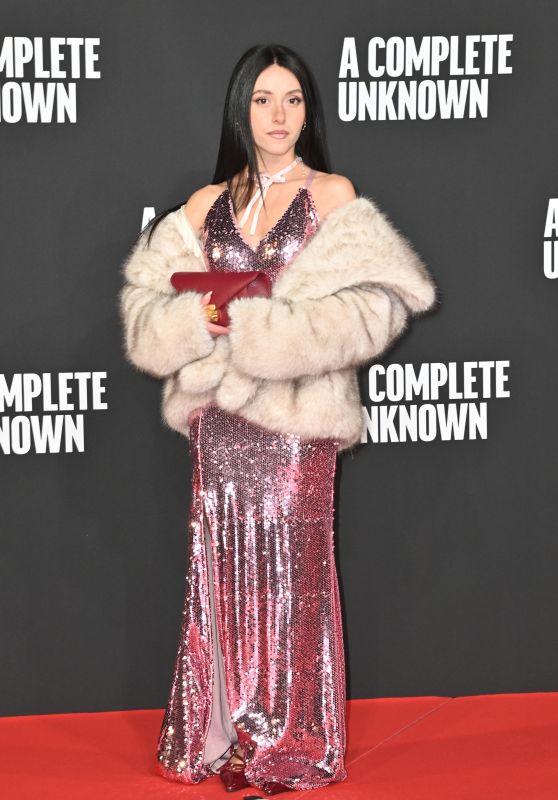
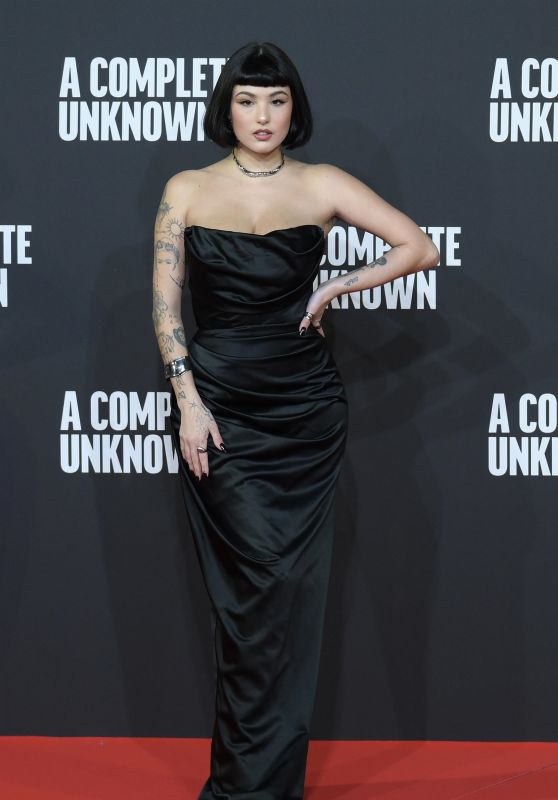
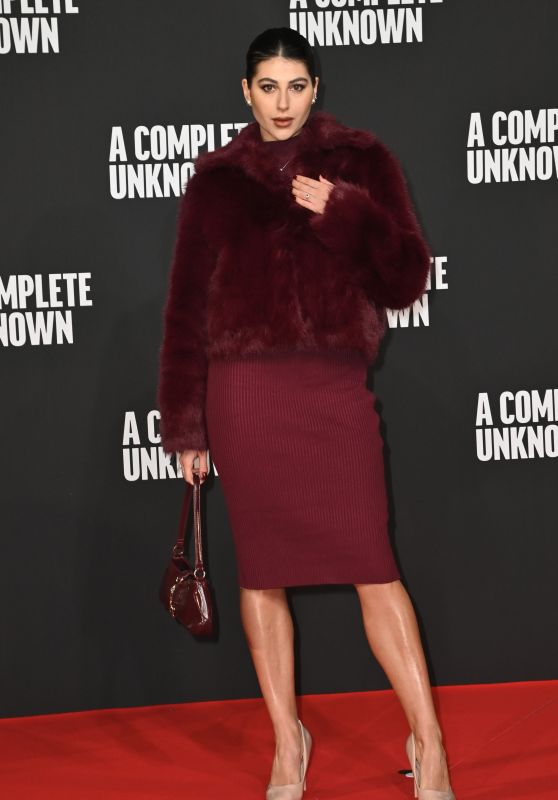
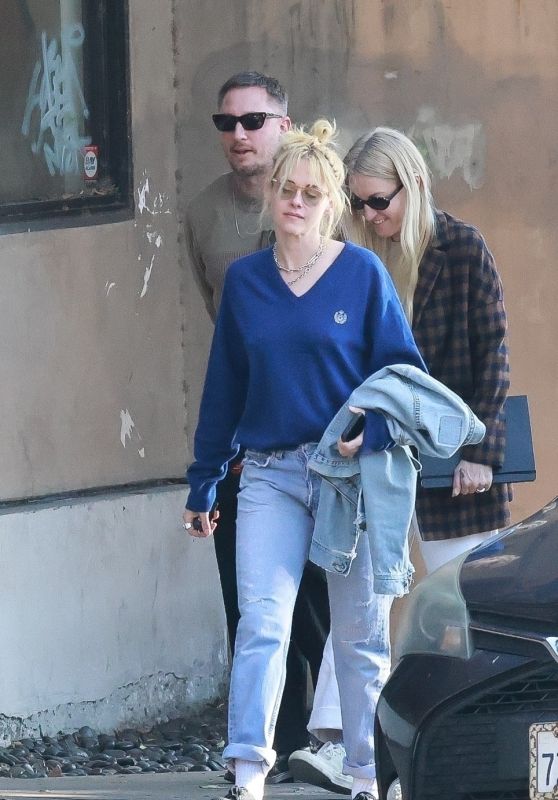
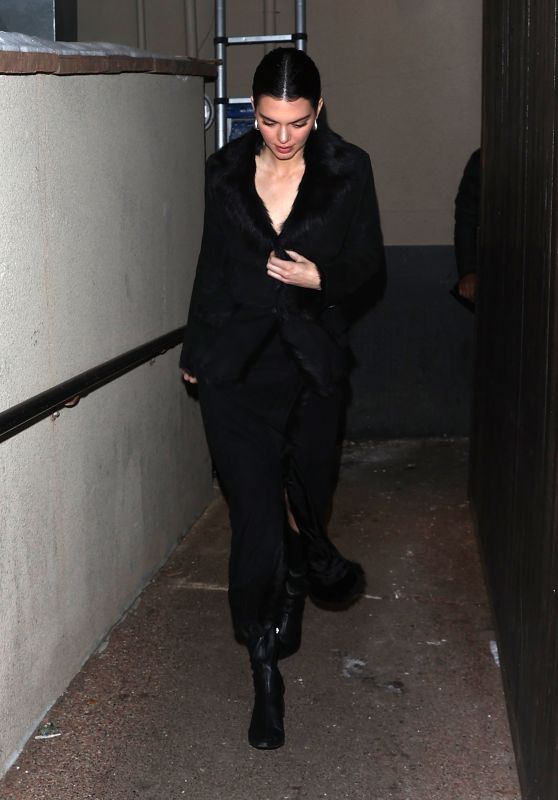
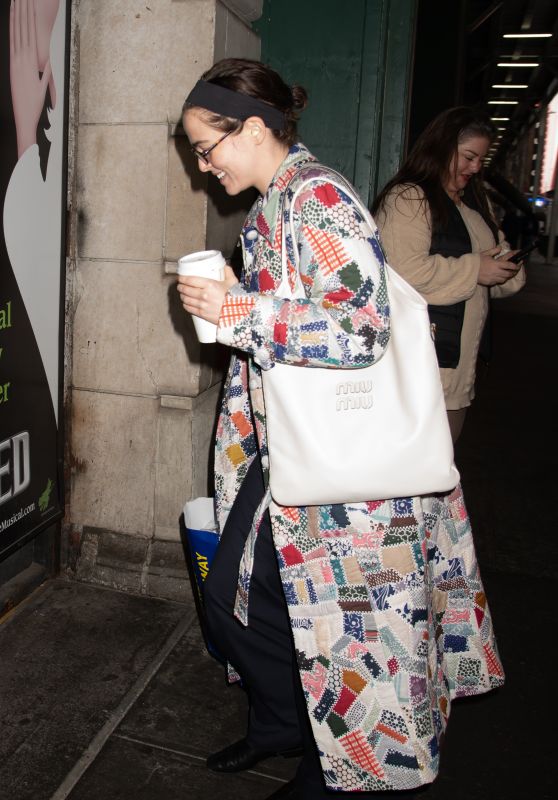
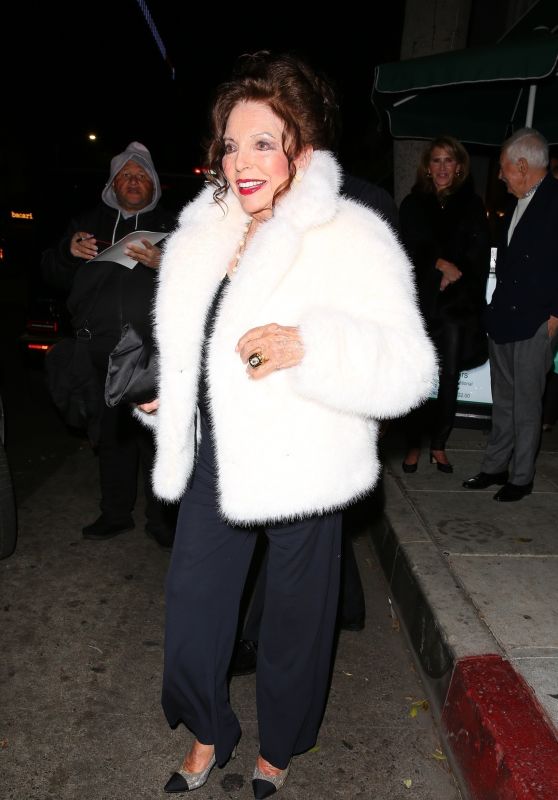
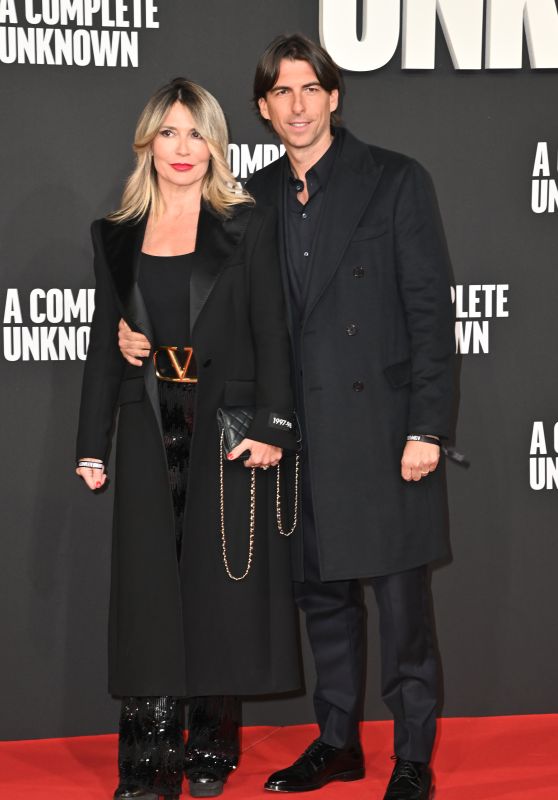
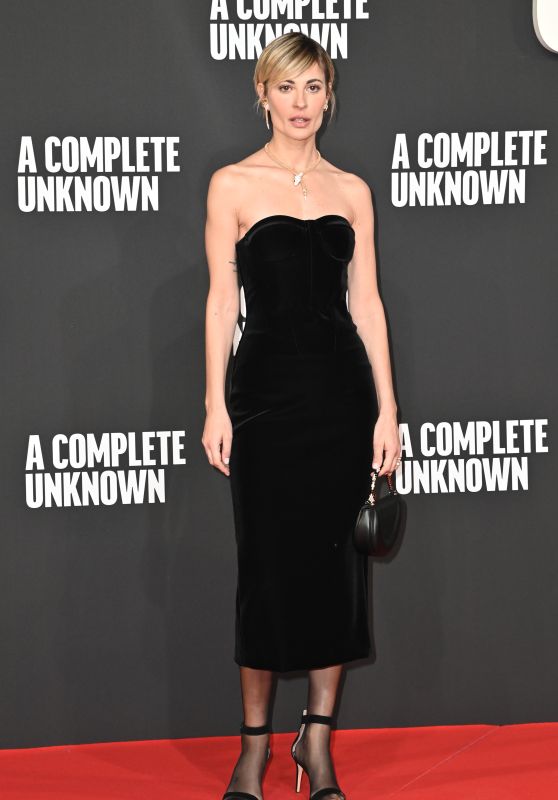
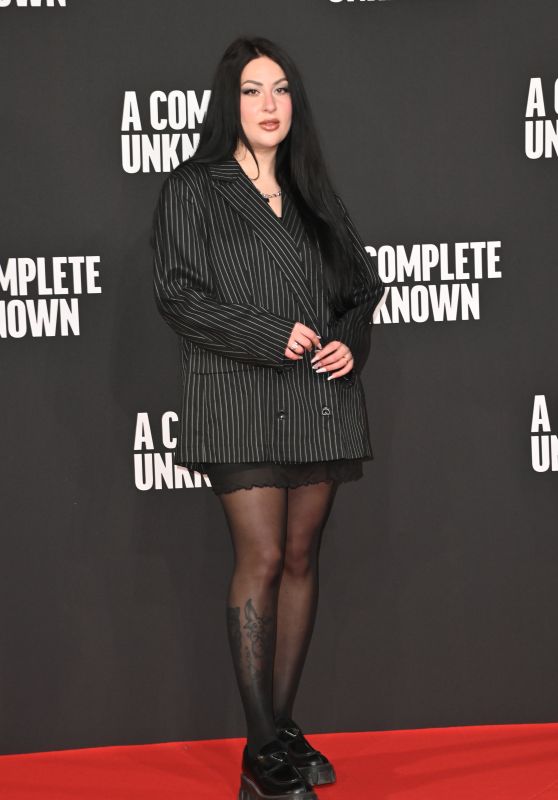
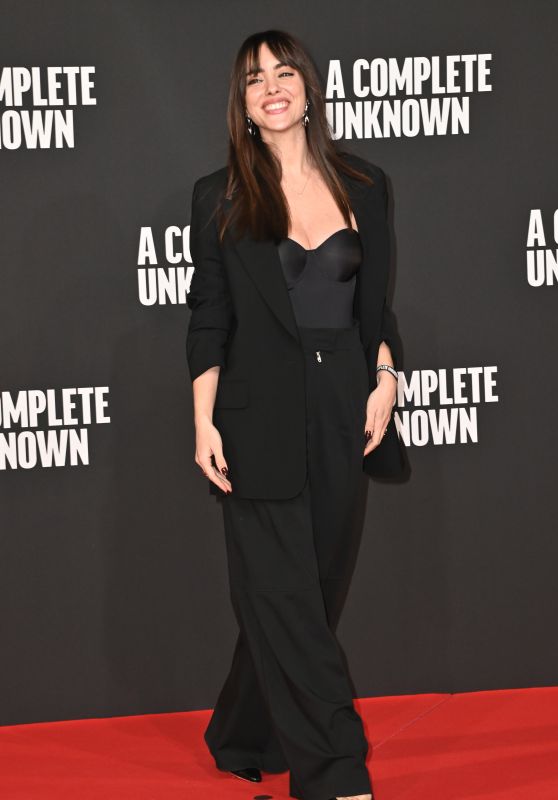
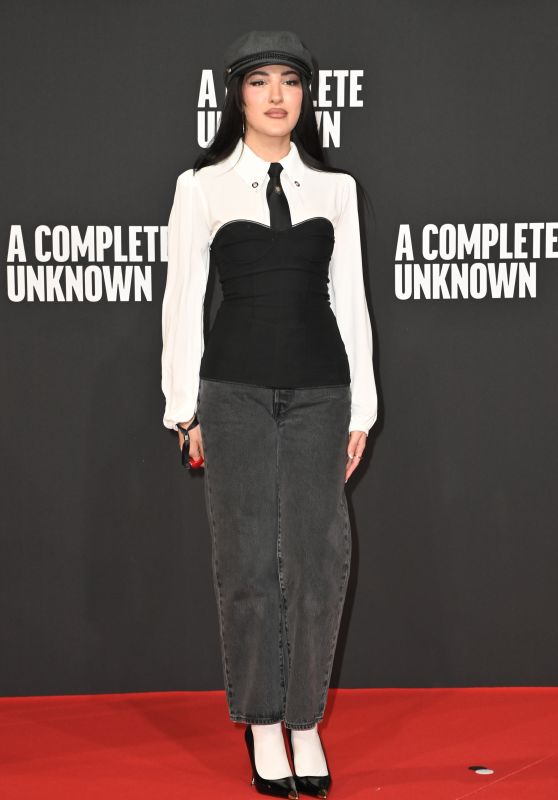








 English (US) ·
English (US) ·